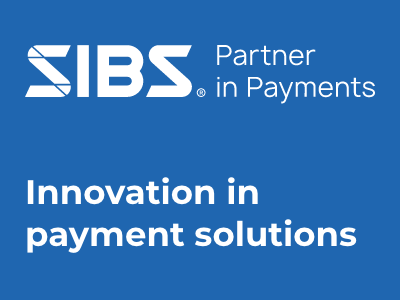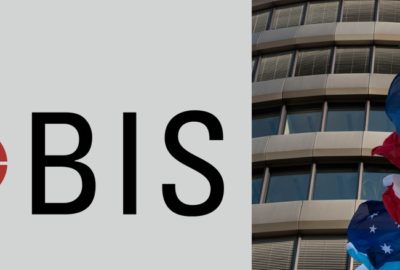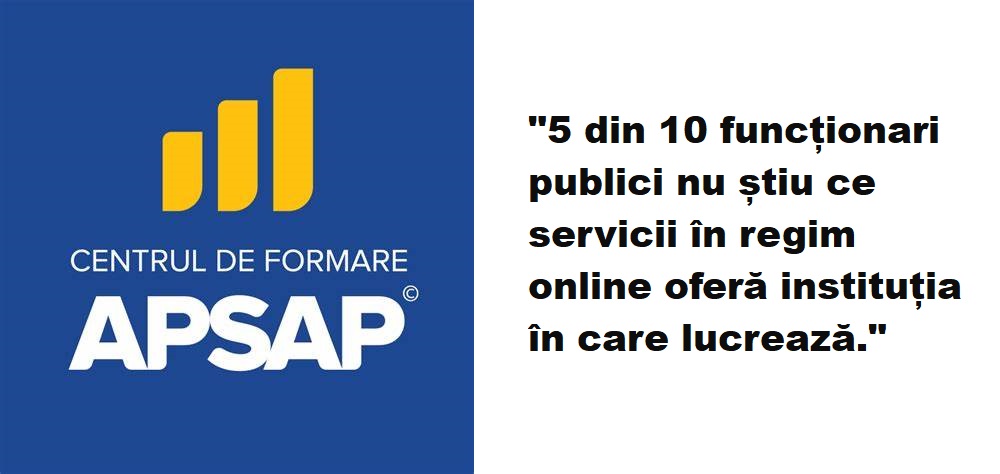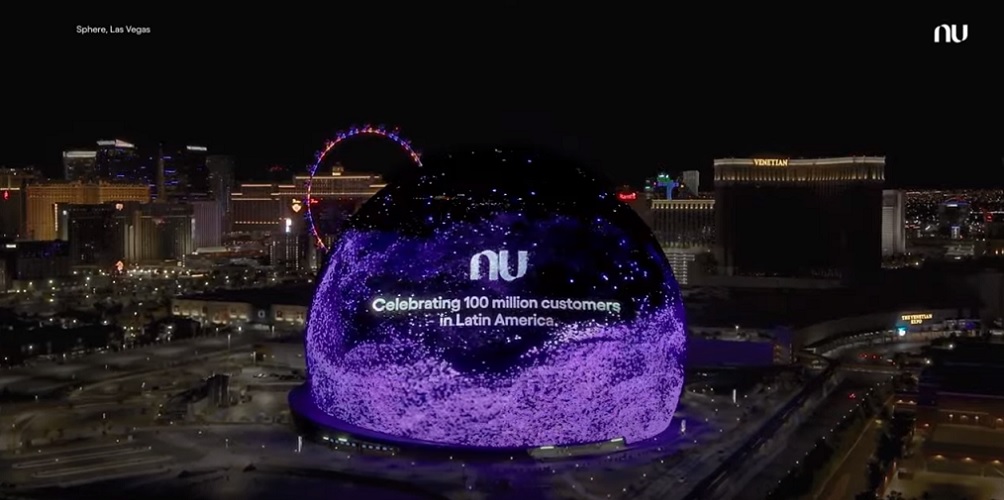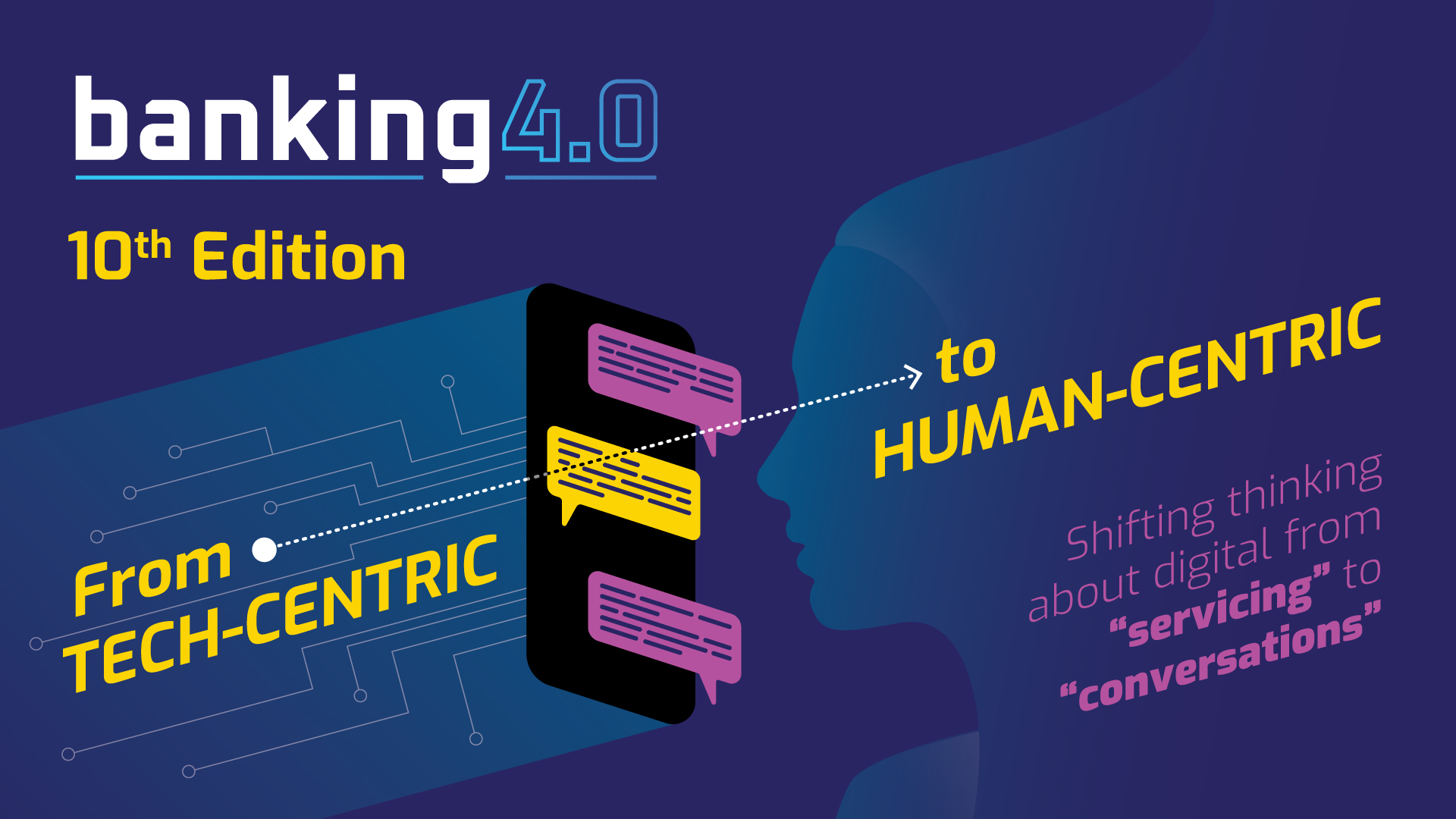Ripple tokens sold to public are not securities, judge says
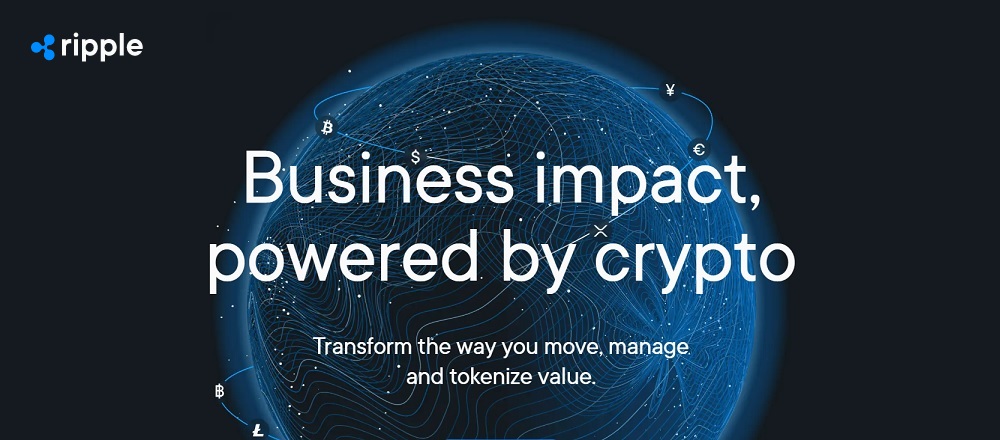
A federal judge ruled that the Ripple Labs Inc. token is a security when sold to institutional investors but not the general public, a long-awaited decision that was widely hailed as a victory for the crypto industry over the SEC, according to Bloomberg.
US District Judge Analisa Torres in New York on Thursday said that the crypto firm’s sales of its XRP token to sophisticated investors met the test for an investment contract under federal securities law.
Judge Analisa Torres ruled partially in favor of the company in a case brought forth by the Securities and Exchange Commission dating back to 2020, Cointelegraph has learn.
According to documents filed on July 13, Judge Torres has granted summary judgment in favor of Ripple Labs, ruling that the XRP token is not a security, but only in regards to programmatic sales on digital asset exchanges.
However, the SEC also managed to notch a victory of its own, as the federal judge has ruled that XRP is a security when sold to institutional investors, as it met the conditions set in the Howey Test.
The SEC lawsuit sought to compel Ripple to stop offering its XRP token under the premise that XRP was a security and, thus, required additional regulation.
Did Ripple Win or Lose in Court Today?
Here is what Emilly Nicole – a crypto blogger – says about Ripple effects
„One of crypto’s biggest debates — what should and shouldn’t count as a security in the eyes of US regulators — turned promising for retail-facing projects after a key legal ruling on Thursday. But like many things involving the sector, the decision wasn’t completely clear-cut.
A three-year court battle between Ripple Labs, the developer of the Ripple blockchain, and the Securities and Exchange Commission took a major turn, with a federal judge ruling that the network’s XRP token was a security when Ripple sold it to institutional investors a number of years ago — but not to the general public.
US District Judge Analisa Torres’ main reasoning was that institutional investors were more likely to be aware of XRP’s securities-like traits when being pitched by Ripple back then, but so-called programmatic investors — those who buy XRP directly on a crypto exchange, like retail traders — weren’t as clued-in. Both Ripple and the SEC would have reason to view this outcome as a potential win, as it gives credence to the security-or-not debate on either side.
But extrapolating the Ripple decision as a positive for the rest of the crypto market isn’t so simple. For starters, the decision was based on how well retail investors understood crypto years ago, during a period that ended in 2020. At that time, Bitcoin was worth a fraction of what it is now and regulators were only beginning to form opinions about the space — something that has obviously changed.
Could the SEC address the court’s issue by making sure what counts as a security is clear to the general public going forward? Maybe. That tactic has been a hallmark of several of the watchdog’s lawsuits against crypto companies such as Binance, Coinbase and Gemini this year, where it named a number of tokens like Polygon’s MATIC and Algorand’s ALGO that could one day face the same walk as XRP. But the court disagreed with large swaths of the SEC’s argument as to why XRP was a security, citing the Supreme Court’s “Howey test.” Among them was the fact that secondary-market buyers were never promised anything by Ripple itself, something that is true of most exchange-traded instruments.
Some are taking this early decision to mean Coinbase and others accused of listing potential securities may now be in the clear, at least when it comes to the general public buying on their exchanges. But while the possible disruption of forcing retail-facing businesses to register or reinvent their business model is possibly avoided, that’s only one side of things.
Many successful crypto projects these days rely on early sales of their tokens to institutional investors and venture capitalists prior to their public launch in order to get off the ground, often pre-registering those efforts with regulators to avoid any potential repercussions. Many on the SEC’s list of possible securities had conducted these types of arrangements, and the SEC cited those examples as reasons the tokens should fall under its remit. With Thursday’s ruling, that type of pre-funding might be done for, unless VCs fancy buying on the open market when prices are subject to the same volatility as everyone else.
It should be noted that the SEC’s to-do list on crypto is getting longer by the day. The watchdog was one of four authorities filing charges against bankrupt crypto lender Celsius and its former CEO Alex Mashinsky earlier on Thursday, and faces a lengthy series of court hearings and trials ahead with its complaints against exchanges like Binance and FTX. (Mashinsky has denied the allegations.)
The Ripple case is also far from over, set to get its own trial date in due course. So while crypto may be celebrating with prices soaring across the board, there are enough uncertainties to leave the sector with a cause for concern.”
Anders Olofsson – former Head of Payments Finastra
Banking 4.0 – „how was the experience for you”
„So many people are coming here to Bucharest, people that I see and interact on linkedin and now I get the change to meet them in person. It was like being to the Football World Cup but this was the World Cup on linkedin in payments and open banking.”
Many more interesting quotes in the video below:
